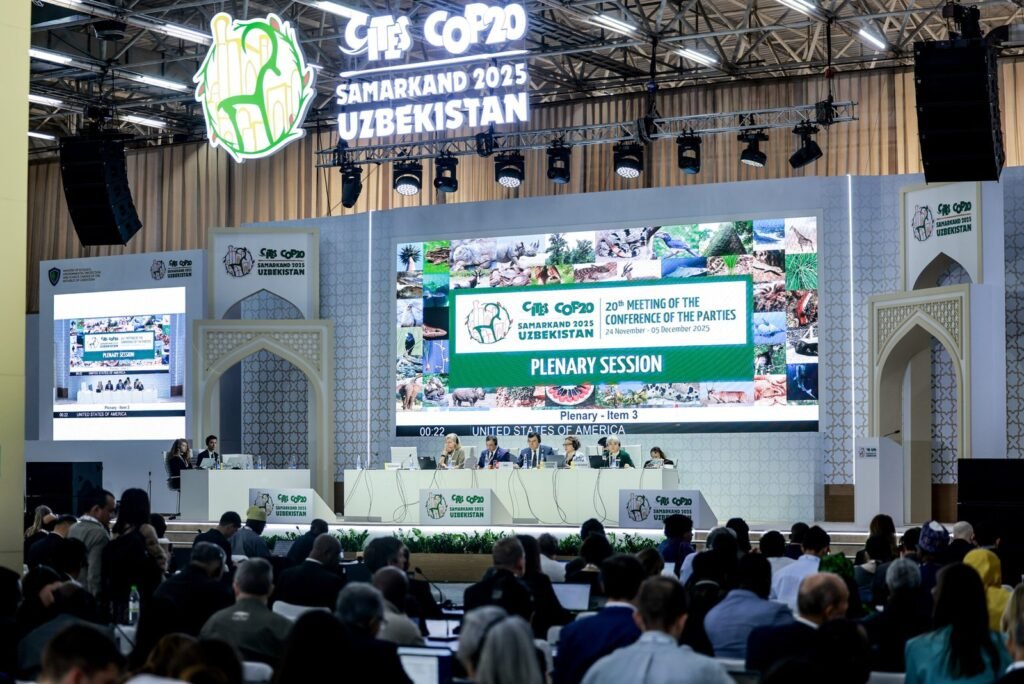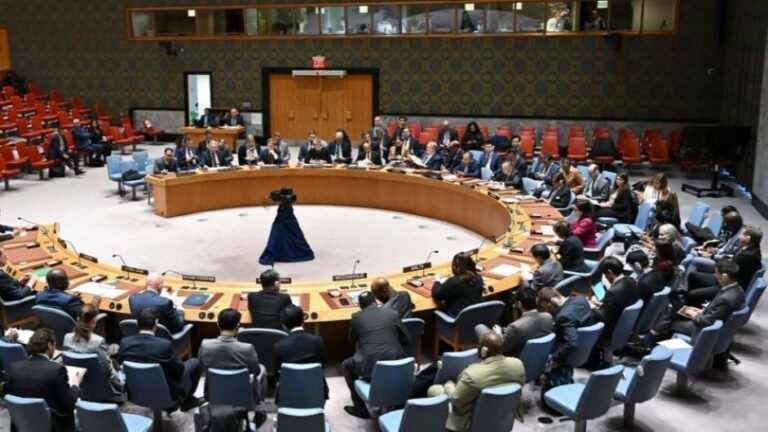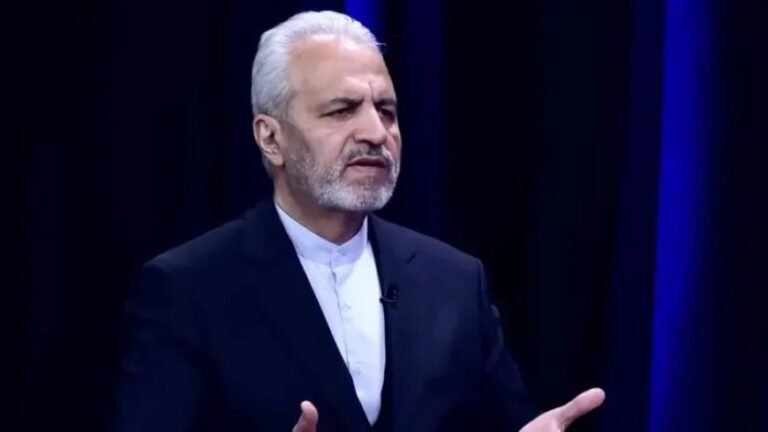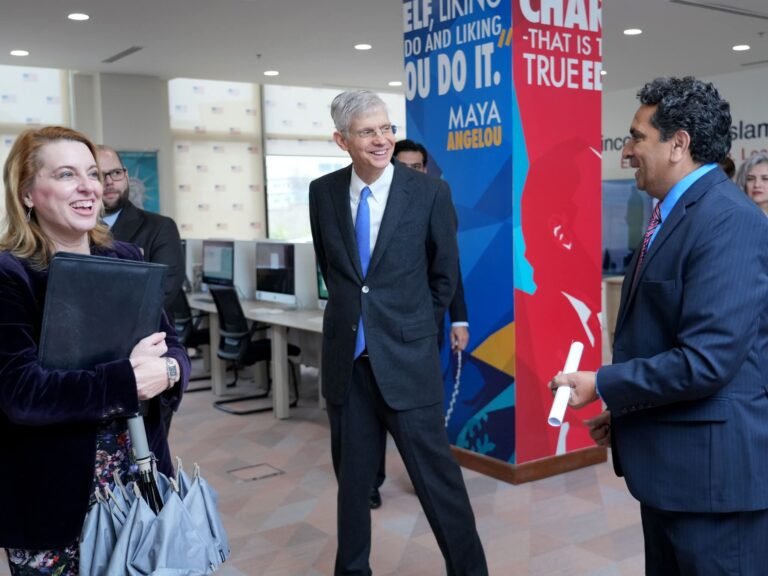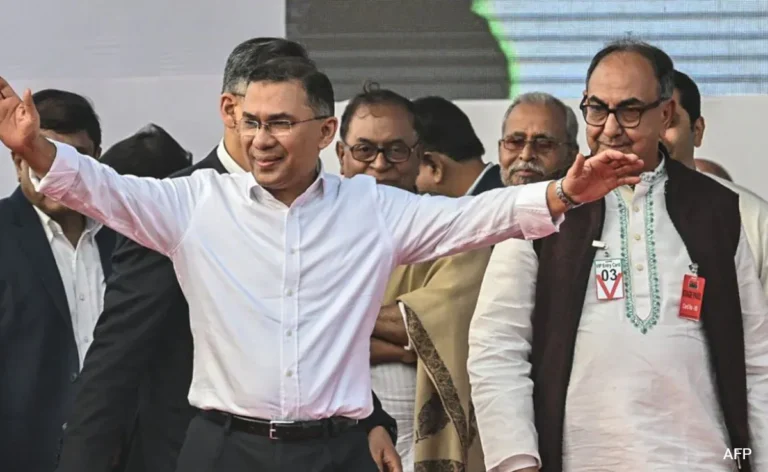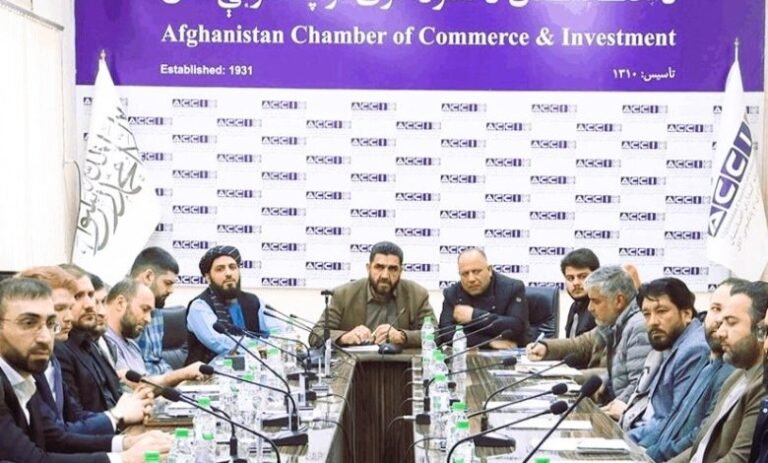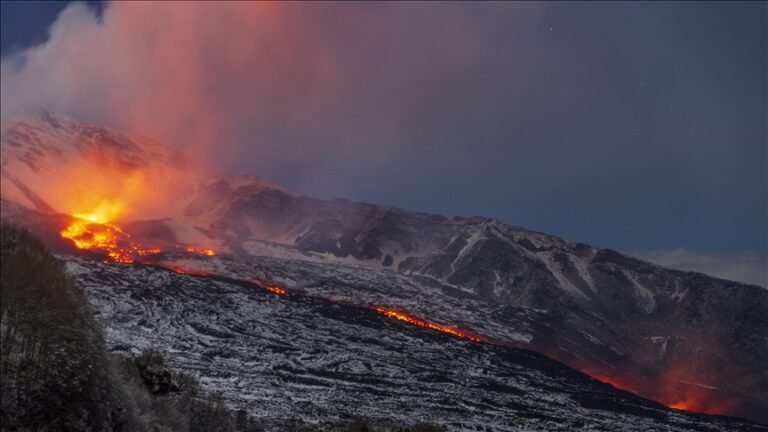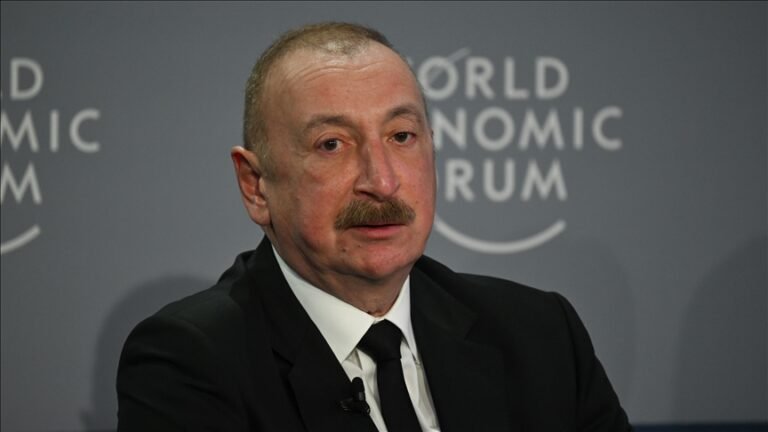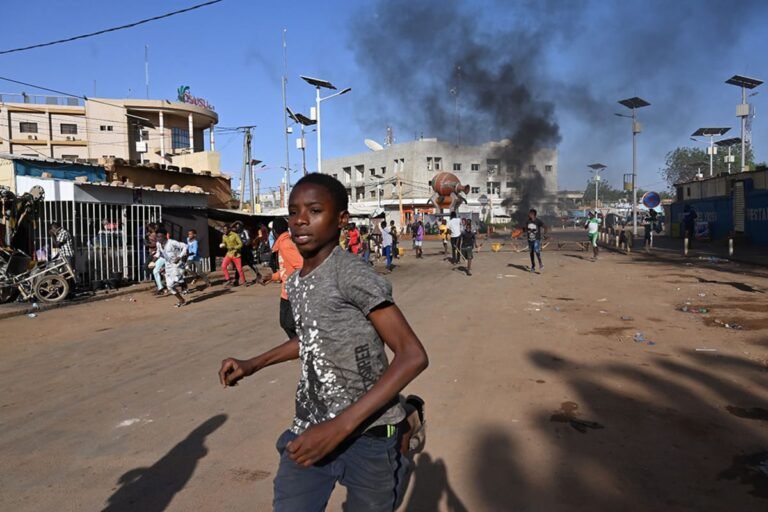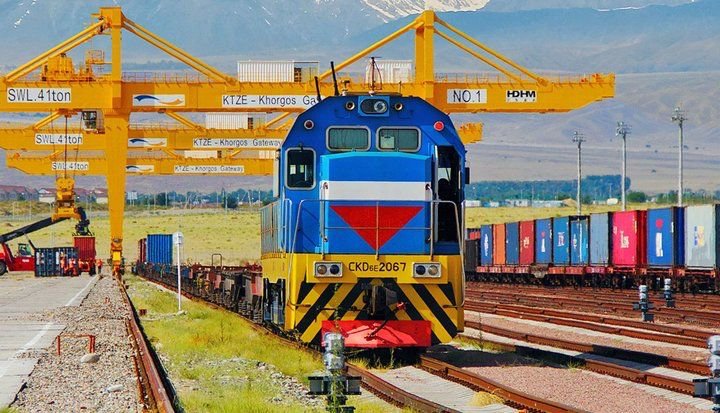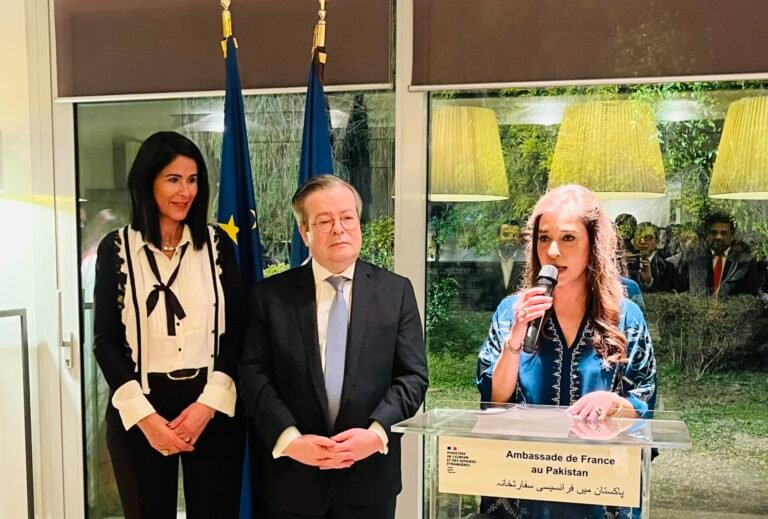The 20th Meeting of the Conference of the Parties to the Convention on International Trade in Endangered Species of Wild Fauna and Flora (CITES COP20) opened today at the Silkroad Samarkand Expo complex in Uzbekistan.
It brings together government representatives, enforcement officers, scientists, and campaigners from all over the world. The conference, which runs until 5 December, will focus on decisions that could shape the future of both legal and illegal wildlife trade for many years.
This is another major international event in Samarkand after the 43rd UNESCO General Summit. Delegates from more than 180 countries are arriving with different priorities: some want stronger protections for wildlife, while others support controlled trade that they believe can help fund conservation efforts.
CITES makes decisions through its three Appendices: Appendix I bans commercial trade, Appendix II allows trade with strict permits, and Appendix III lets countries request support from other Parties. This year, delegates will review more than 50 proposals to change these lists.
A key part of the agenda goes beyond species listings. Delegates will discuss how to improve monitoring systems, modernize enforcement, and close loopholes that make wildlife laundering and smuggling possible.
Read More: UNESCO Samarkand Summit Recognizes Uzbekistan’s Role in Preserving World Heritage
One major concern is the rapid shift of illegal wildlife trade to online platforms. The conference includes special sessions on cyber-enabled wildlife crime, and CITES partners are focusing on better data sharing and legal updates to stop online trafficking. Still, the most sensitive discussions will be about the specific proposals themselves.
Samarkand will also host the official presentation of the Samarkand Declaration and Action Plan, a regional agreement among Central Asian countries to cooperate on wildlife trade, fight cross-border trafficking, and strengthen protection of habitats and species along migration routes.
This declaration shows a united commitment from Kazakhstan, Kyrgyzstan, Tajikistan, Turkmenistan, and Uzbekistan to work together on enforcement and sustainable use. Many side events and expert panels will connect this regional cooperation with global efforts in enforcement, forensic identification, and community-led conservation.
By hosting COP20, Uzbekistan has gained an important platform to highlight its own conservation goals and regional leadership.
The program features the launch of a GEF-supported ecosystem restoration project and introduces Uzbekistan’s updated Ramsar strategy for its internationally important wetlands, including the Sudochye Lake System near the Aral Sea.
Read More: World Wildlife Day 2025: Investing in Conservation
This strategy focuses on climate adaptation, water-management reforms, and protecting unique dryland wetland biodiversity. These national and international restoration efforts were emphasized before the conference and are an important part of Samarkand’s image as a centre for environmental diplomacy.
In the coming days, scientific panels, committee meetings, and bilateral talks will examine the technical evidence behind the proposals, consider enforcement challenges, and try to find compromise on sensitive issues such as trade in ivory, rhino horn, and captive-bred products.
Side events will highlight new tools for monitoring, data sharing, and addressing online wildlife crime, showing that CITES continues to adapt to today’s fast-changing markets.
CITES COP20 is an important global conference that gives Uzbekistan a major opportunity to show leadership in environmental and wildlife diplomacy. Hosting this event strengthens the country’s role in regional cooperation, conservation, and the global fight against illegal wildlife trade.
Nuzhat Rana is the Managing Editor (website) at The Diplomatic Insight.

